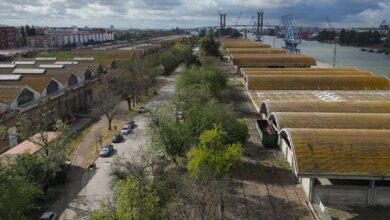
In 2025, Spain faces serious challenges in social policy due to the lack of new state budgets. According to the Association of Directors and Managers of Social Services, over the past 15 years, the share of regional spending on social needs has significantly decreased. In 2010, the autonomous communities allocated more than two-thirds of their funds to these purposes, but now this figure is approaching half.
The published report emphasizes that in 2024, despite an overall increase in regional budgets by almost 10 billion euros, spending on social programs fell by more than 2.3 billion compared to the previous year. This indicates that without the involvement of central authorities in equalizing funding, the gap between regions is only widening.
Experts draw particular attention to the uneven distribution of funds among the autonomous communities. In Madrid, less than €2,800 per resident per year is allocated for social needs, in Catalonia just under €3,000, and in Andalusia around €3,150. Meanwhile, in Navarra this figure exceeds €4,500, in the Basque Country over €4,300, and in Extremadura more than €4,100.
Investment in the social sector began to decrease after the 2010 economic crisis and especially intensified in 2013, when large-scale budget cuts were implemented. Since then, despite gradual recovery, previous funding levels have not been restored. After the COVID-19 pandemic, when the importance of public services became especially clear, spending on healthcare, education, and social protection grew by only 14.5%. For comparison, other budget items increased by 62% over the same period.
Analysts note that over the past five years, all regions have increased their social spending, but the growth rates vary significantly. In Extremadura, the Canary Islands, and Navarre, the increase exceeded 35%, while in Catalonia, Murcia, and Madrid the growth was considerably more modest. In the capital region, 574 euros less is spent per resident compared to the national average.
Experts emphasize that the lack of new government budgets prevents these discrepancies from being addressed. As a result, inequality between residents of different autonomous communities has increased, and access to quality healthcare and education has become increasingly dependent on place of residence.












